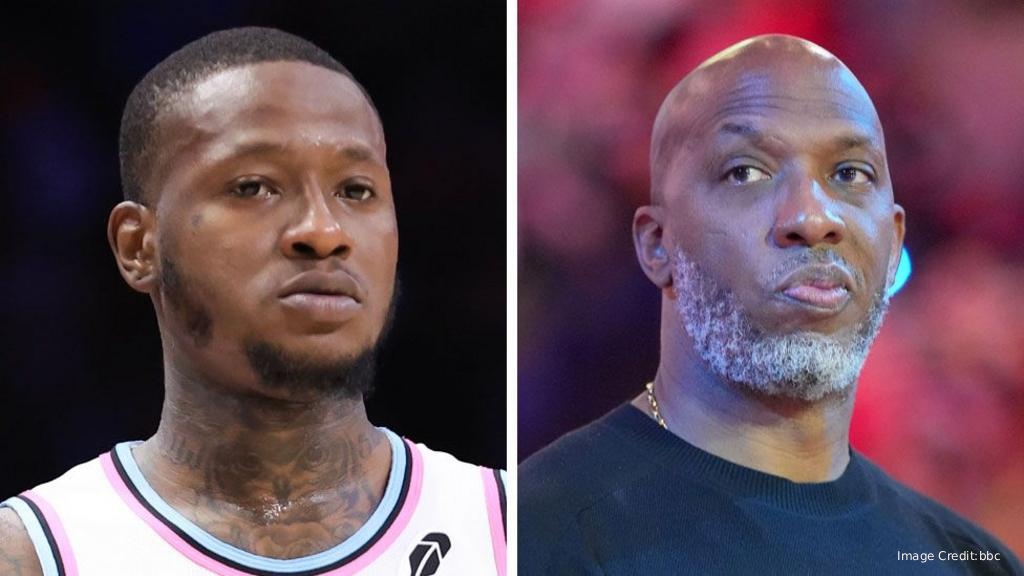What Every First-Time Buyer Needs to Know About Earnest Money

You’ve finally found the house with dream kitchen, perfect street, priced just right. You rush to make an offer, but so do three other buyers. What makes the seller take your contract seriously? The answer is often a small‑but‑mighty line item called earnest money. This small but powerful deposit can tip the scales in your favor and secure your dream home.
In this blog post, real estate agent bloggers break down what earnest money is, how much you should pay, and how to protect your deposit from risk all in a clear and engaging format.
Key Takeaways
- Earnest money proves you’re serious about buying and makes your offer more attractive.
- You can lose it if you back out without a protected contingency.
- Use contingencies wisely to protect yourself from inspection, financing, or appraisal failures.
- Only pay into secure escrow accounts and confirm every step in writing.
| Topic | Earnest Money (Good-Faith Deposit) | Down Payment |
| Purpose | Shows serious intent to purchase | Reduces loan amount; builds equity |
| Typical Amount | 1%–3% of home price (can go up to 10%) | 3%–20% or more |
| When Paid | After offer is accepted | At closing |
| Refundable? | Yes, under certain conditions | No |
| Held By | Escrow/title company or real estate attorney | Settlement agent |
| Risk of Losing It | If buyer breaches contract without cause | No risk unless transaction fails |
What Is Earnest Money?
Earnest money, also known as a good-faith deposit, is an upfront payment made by the buyer to show they are serious about purchasing a property. Once the offer is accepted, this amount is held in an escrow account while the deal moves toward closing. If the buyer follows through, the deposit is applied to the down payment or closing costs.
But if the buyer backs out without a valid reason protected by the contract, the seller may keep the earnest money as compensation for lost time and opportunities.
How Much Earnest Money Should You Pay?
The amount depends on the local market:
- Standard Market: 1% to 3% of the purchase price
- Competitive Market: 5% to 10% may help your offer stand out
A good real estate agent can guide you on the right amount. Many real estate agents blog talk about how to tailor your deposit to boost your offer’s appeal without unnecessary risk.
How Do You Pay Earnest Money?
Earnest money is usually paid within 1 to 3 days after your offer is accepted. Here’s how to do it safely:
- Who Holds It: A neutral third party like an escrow service, real estate attorney, or title company
- How to Pay: Certified check, wire transfer, or cashier’s check (never send cash)
- Always Get a Receipt: And confirm escrow account details by phone to avoid wire fraud scams
Earnest Money in Action: 3 Common Scenarios
1. The Deal Closes Smoothly
You buy the home, and the earnest money is credited to your down payment at closing.
2. Inspection Contingency Saves the Day
You discover foundation issues during the inspection and decide to walk away. If you had an inspection contingency, you get a full refund.
3. No Contingency, No Refund
You get cold feet and pull out without a valid reason. The seller keeps the earnest money for the lost time and marketing effort.
How to Protect Your Earnest Money Deposit
To avoid losing your deposit, follow these best practices:
1. Include Strong Contingencies
Add inspection, financing, appraisal, and title contingencies in the contract to protect your rights.
2. Use a Verified Escrow Holder
Always use a trusted third party. Don’t hand the money directly to the seller or their agent.
3. Meet Every Deadline
If your contract specifies inspection must be completed in 10 days, don’t take 11. Missing deadlines can void your protections.
4. Keep Everything Documented
Have all terms, addendums, and extensions signed in writing and stored securely.
Real estate agent bloggers often emphasize how clear communication and documentation are key in preventing earnest money disputes. Reading a reliable real estate agents blog can keep you ahead of common pitfalls.
Final Thoughts
Earnest money may be a small part of your home-buying budget, but it plays a big role in securing your dream property. By understanding how it works, how to protect it, and how to use it strategically, you gain a clear edge over other buyers.
Whether you’re just getting started or deep in the negotiation stage, follow the tips shared by expert real estate agent bloggers to navigate the process with confidence. And if you want more actionable insights, keep checking your favorite real estate agents blog for up-to-date strategies on every stage of home buying.
FAQs
Do I need to pay earnest money to make an offer?
Not legally, but in most competitive markets, it’s expected and crucial to show you’re serious.
Can I pay earnest money with a personal check?
Sometimes. But most sellers prefer wire transfers or cashier’s checks for security and proof of funds.
What if the seller backs out?
If the seller fails to meet contractual obligations, you can typically cancel the deal and receive a full refund of your earnest money.





